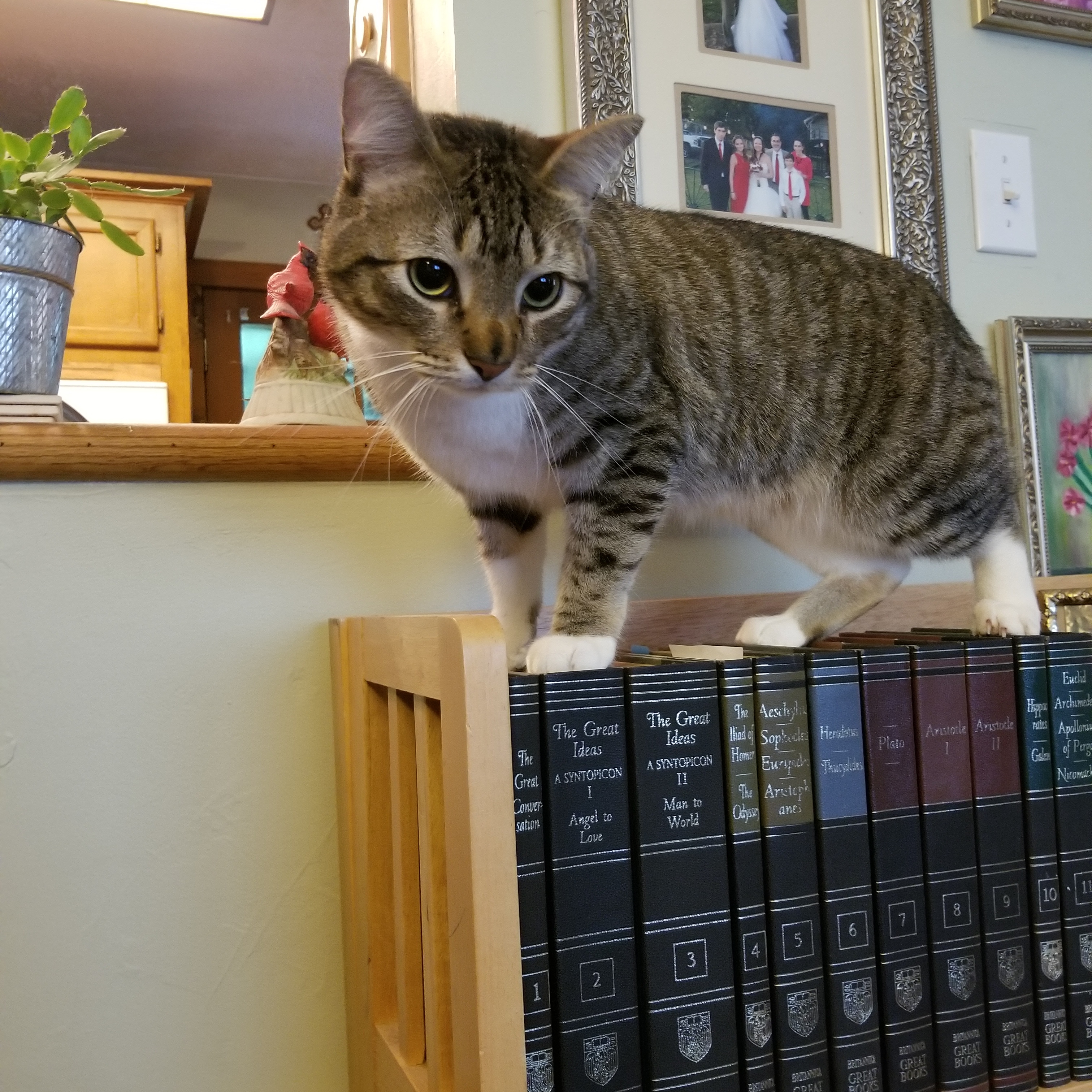"It ain't my prairie"--A Little Feminism Never Hurt
- Rachel Beck

- Sep 23, 2019
- 3 min read
Updated: Jun 1, 2021
When I say we’re going to talk about feminism, the girls usually smile and perk up while the boys slouch into submission. I tell them it’s not what you think-- I just want to ask a question: “How many of you think of your mother as not ‘my mother’ but as a separate human being? Surprised, they look around and everyone agrees that they have never thought of their mothers (when they do think of their mothers, which is seldom) as anything but my mother. I write my mother on the board and note that the word “my” is possessive.
“What about your father-- can you imagine him as a separate human being?” They all agree that they could easily see him separate from themselves. So before we get judgmental and defensive about feminism, I suggest, we should ask ourselves: Why can’t I see my mother as just human?
As we further discuss this, the students realize, as I have come to realize, we are harder on our mothers than our fathers, and expect so much more from her and judge her more than him-- So the question is Why? The answer-- the truth-- if you want to know, as always is revealed through stories.
When Henrik Ibsen suggested a woman may not want to live in a “doll’s house,” but may in fact want to embark on a deeper existence, it was “the door slam heard around the world.” Nora leaving her husband and children at the end of a Doll’s House was so controversial that some actresses refused to play the role of Nora if the ending was not changed to a happier one. Not that any of us condone abandoning children, but we do agree in class that if you do that, change the ending, it changes the meaning of the work. Not to mention, happy endings are not really worth writing about. When Ibsen was thanked and honored by women of the Norwegian Society, he said that he didn’t think of it as “women's rights,” but as “human rights.”
Feminism and cultural studies are typically pigeonholed into a discourse of equality when it really should be about identity. In other words, who’s telling our stories? Or more to the point, who’s controlling the narrative? My Antonia, for example, is really an American story made up of immigrant stories. But all the stories are told second hand by oral tradition. Even Antonia’s story is not her story but Jim Burden’s coming-of-age story. In the introduction he tells an old friend who encourages him to write about Antonia, the girl who represented the West to them, says in writing Antonia’s story: “I should have to do it in a direct way, and say a great deal about myself. It’s through myself that I knew and felt her.” When he meets his friend again, he has his manuscript ready but says it doesn’t really have a form or title:
He went into the next room, sat down at my desk and wrote on the pinkish face of the portfolio the word, ‘Antonia.’ He frowned at this moment, then prefixed another word, making it ‘My Antonia.’ That seemed to satisfy him.
So it is through the eyes of Jim that we come to understand Antonia and the other immigrants, and it is through this lens that we begin to understand the lens of feminism and cultural studies. Some of us would just like to tell our own story without being made-up and formed through the image and projections of others.
Willa Cather was subtle in her making of this point, but I do think one particular scene in the novel boils all feminism down to one line. The line comes from Lena Lingard, a pretty Norwegian girl who is blamed for driving someone's husband mad with desire. The blame of course is all on Lena and not the idiot husband. In a dark-comedic scene, Lena is being chased by the wife,“Crazy Mary,” with a corn- knife while Lena was herding cattle. Antonia’s mother watches the scene with pleasure and then shrewdly scolds Lena:
‘Maybe you lose steer and learn not to make somethings with your eyes at married men,’ Mrs. Shimerada told her hectoringly. Lena only smiled her sleepy smile, ‘I never made anything to him with my eyes. I can’t help it if he hangs around, and I can’t order him off. It ain’t my prairie.’
I think many people assume feminism is dated, but as long as we still live in a world where we blame women for the way men behave, as long as we still judge women for how they look rather than how they think or what they say, and as long as we still applaud men for their boldness and confidence while shaming women for theirs, then all I can say is, “Hey, it ain’t our prairie!”





Comments